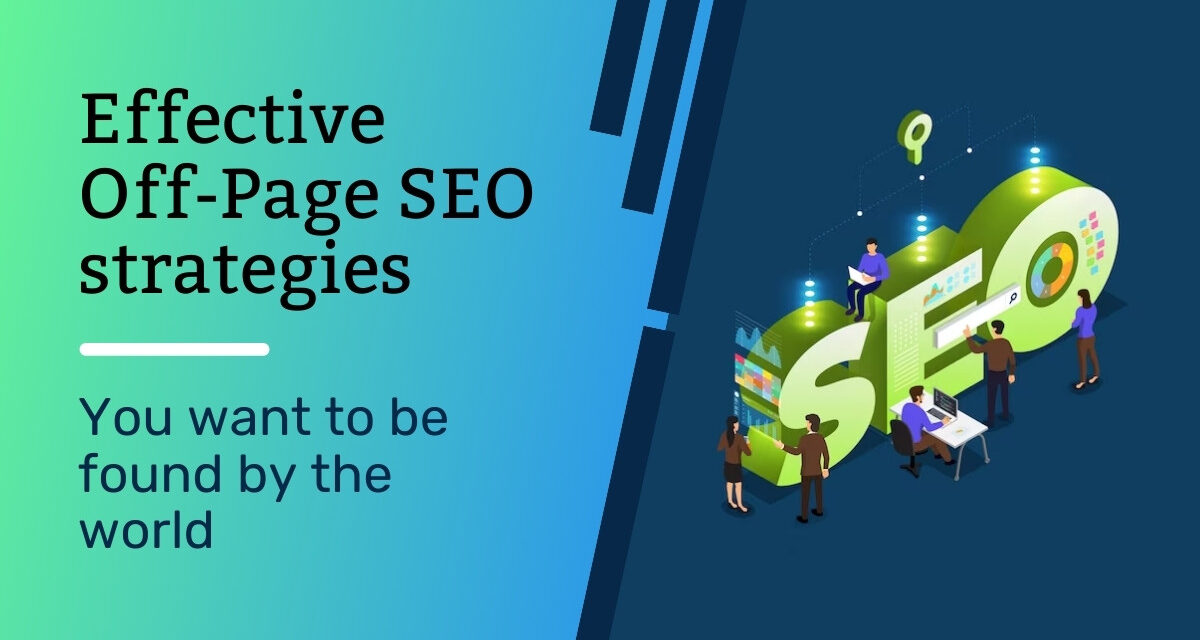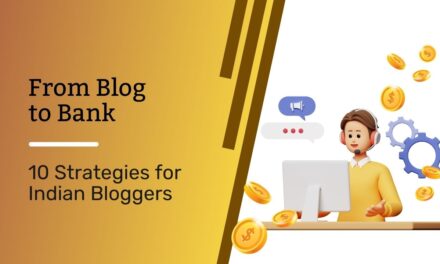In the vast landscape of the internet, your website is like a hidden gem waiting to be discovered. Whether you’re a budding blogger or a seasoned online entrepreneur, one thing is clear – you want to be found by the world. This is where Off-Page SEO (Search Engine Optimization) comes into play. In this article, we’ll take a journey through the best practices to enhance your website’s visibility beyond its borders, all while keeping things plain and straightforward.
Table of Contents
- What is Off-Page SEO?
- The Power of Backlinks
- Guest Posting for Authority
- Social Signals and Their Impact
- Influencer Marketing for Outreach
- Online Communities and Forums
- Content Marketing Beyond Your Site
- Reputation Management
- Local SEO and Listings
- Measuring Success: Analytics and KPIs
- Building a Brand Online
- Conclusion
Now, let’s dig into the details!
1. What is Off-Page SEO?
Off-Page SEO is the art of optimizing your website’s presence on the web beyond its own borders. While On-Page SEO focuses on your website’s content and structure, Off-Page SEO is about building relationships, credibility, and trust with other websites.
2. The Power of Backlinks
Backlinks are like endorsements from other websites. They signal to search engines that your site is trustworthy and authoritative. Acquire high-quality backlinks from reputable sources in your niche. Quality always trumps quantity in this case.
3. Guest Posting for Authority
Guest posting is akin to being a guest speaker at a conference. It’s an opportunity to share your expertise with a broader audience and earn backlinks in return. Seek out reputable websites in your industry and contribute valuable content.
4. Social Signals and Their Impact
Social media is your megaphone to the world. Engage with your audience on platforms like Facebook, Twitter, and Instagram. The more people share, like, and comment on your content, the more search engines take notice. Social signals matter.
5. Influencer Marketing for Outreach
Influencers are the celebrities of the internet. Partner with influencers in your niche to expand your reach. They can promote your content, products, or services to a wider and more engaged audience.
6. Online Communities and Forums
Online communities and forums are like town squares where people discuss various topics. Participate in these discussions and provide valuable insights. Include a link to your website in your forum signature, but be genuinely helpful rather than self-promotional.
7. Content Marketing Beyond Your Site
Your content shouldn’t be confined to your website alone. Share it on article directories, web 2.0 platforms, and other relevant websites. This exposes your content to a broader audience and creates more opportunities for backlinks.
8. Reputation Management
Online reputation is everything. Monitor and manage your online presence carefully. Respond to reviews, address concerns, and maintain a positive image. Your reputation can influence your search engine rankings.
9. Local SEO and Listings
If you have a local business, ensure it’s listed accurately on platforms like Google My Business and Yelp. Local SEO practices help you appear in local searches, especially for mobile users seeking nearby services.
10. Measuring Success: Analytics and KPIs
To know if your efforts are paying off, use web analytics tools like Google Analytics. Track key performance indicators (KPIs) such as website traffic, click-through rates, and conversion rates to gauge the effectiveness of your Off-Page SEO strategies.
11. Building a Brand Online
Your brand is your identity. Consistently present your brand’s image and message across all platforms. A strong brand presence can attract more visitors and enhance trust and recognition.
Conclusion
In conclusion, Off-Page SEO is about expanding your digital footprint, building trust, and establishing your authority in your niche. By following these best practices, you can elevate your website’s presence on the web and increase your chances of being discovered by your target audience. Remember, it’s a long-term strategy, so be patient and persistent.
FAQs
1. Can I solely focus on Off-Page SEO without On-Page SEO?
No, a balanced approach is essential. On-Page SEO ensures your website is technically sound, while Off-Page SEO builds your website’s authority and credibility on the web. Both work hand in hand to improve your rankings.
2. How do I know if a backlink is of high quality?
High-quality backlinks come from authoritative and trustworthy websites in your industry. They should be relevant to your content and not from spammy or low-quality sources.
3. Do I need to be on all social media platforms?
No, focus on platforms where your target audience is most active. It’s better to have a strong presence on a few relevant platforms than to spread yourself too thin.
4. How long does it take to see results from Off-Page SEO efforts?
Off-Page SEO is a gradual process. It may take several months to see significant improvements in your website’s rankings and traffic. Be patient and continue your efforts.
5. What are some common mistakes to avoid in Off-Page SEO?
Common mistakes include acquiring low-quality backlinks, neglecting online reputation management, and not monitoring the effectiveness of your Off-Page SEO strategies. Stay vigilant and avoid these pitfalls for better results.
Incorporate these Off-Page SEO best practices into your online strategy, and watch your website’s presence and authority grow. Remember, success in Off-Page SEO is a journey, not a sprint. Stay committed, and the results will follow.





